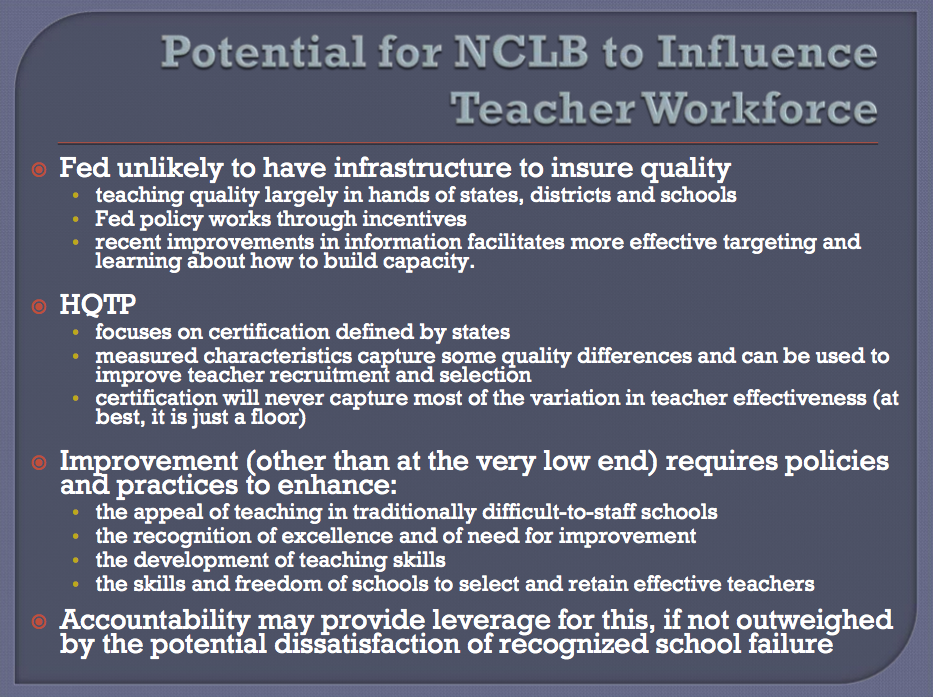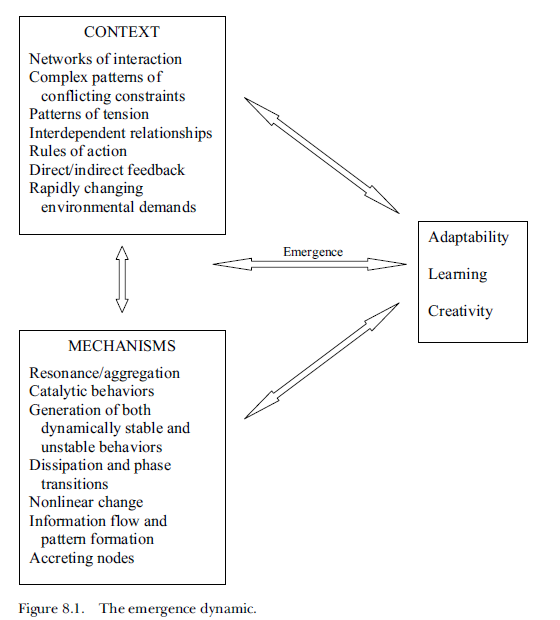Graduation Speech 2014
To all of our special guests, faculty, administrators, parents, friends, and family members – we welcome your pride and presence as we celebrate this, our 20th commencement exercises.
I offer my deepest gratitude to Ambassador Myler for his words today. The Anglo-American School of Moscow values our sense of community and your participation here validates our collective and collaborative commitment to the students seated before us. Thank you!
To all of our dignitaries from our supporting embassies, I thank you for your presence and continued support of this important institution. Without you, this school would not exist, and we hold most dear our commitment to excellence in order to serve your interests and those of our diverse and vibrant community.
Kate, you brought an important message to this class of travelers. Your words inspire us as the journey begins anew and I thank you for guiding us to a successful launch.
I would be remiss if I didn’t also thank Daniel for his words to all of our high school students yesterday at the annual Awards Assembly. You gave us wonderful insight into your class through the humor surrounding cherished memories, poignant and engaging for all of us in attendance.
In a few words and a couple of quotes, I plan to tie some thoughts together to bring us quickly to that moment where you will stand before us and take those few final steps to the instance of greatest importance here today. The hand-off will be completed with both brevity and significance, punctuating this portion of a life that has so far been committed to living, learning, and becoming.
And you have learned much. More than a decade of education has included a critical foundation of skills upon which you will soon build your profession. Not only did you learn what you needed to know, but you also learned how to learn. I would suggest that you will find that learning is seldom complete.
Our teachers know that their greatest joy emerges when students become independent learners capable of capturing new insight without intervention. They take great pride in getting you to this level of accomplishment and the faculty, counselors, and administration seated before you here today are some of the best I have ever known at achieving this. You see in their faces the tremendous pride that they feel, having brought you to this moment, and they will shed tears of joy today because of their affection for the students that they now know so well.
I should note that the Anglo-American School can not accept total credit for all of the students that sit upon this stage. We know as an international community we must confess that many have had other schooling experiences before joining us here in Moscow. Further, we should admit that some have stayed with us for a time, left for a bit, and then returned after other experiences in different settings. It is our strength that we embrace this diversity and a unique constancy of change and transition. But, we have a few exceptions here today that I simply must recognize:
| Lifflander | Max | K | 21-Aug-01 |
| Mekibel | David | K | 21-Aug-01 |
| Rogatnikov | Ana-Lina | K | 21-Aug-01 |
| Sazonova-Prokouran* | Maria | PK | 22-Aug-00 |
*Pre-K – Grade 12 continuously and is only the second student in our history to go from start to finish.
This is a capable and talented class. They have demonstrated great accomplishment and testament to their achievement is successful placement in a wide range of colleges and universities around the world. These honors were realized through diligent effort and an added ability to capture their passions in words and actions while seeking their next path in life. They impressed recruiters from around the world with their preparation, beliefs, and potential.
I value this class for the unique way in which they demonstrate a commitment to living life to the fullest. On the stage before you are writers, poets, actors, musicians, and vocalists. They practice and perform in every corner of the school and I value the talent and passion that fills our halls.
I also sense that there are strong relationships seated before you that will bind this class now and in the future like no other. I believe that these friendships will stand the test of time. I suggest to you that this is critically important to your future, that you find opportunities to build strong and loving relationships. Hold on to the bonds of friendship as they connect us to common purpose and help us see the path to tolerance and peace.
This class has also shown compassion for others in unique measure. The number of projects associated with reaching beyond the boundary of the school gate has increased significantly. Too many to list here, the spectrum includes saving animals, feeding the hungry, helping communities to recover from disaster, building schools and homes, delivering books, embracing and supporting cancer patients, and the list goes on. During their time here, these students have learned about the importance of a life filled with the enrichment of service to others. They have been generous with their time and resources and there are many smiles of gratitude around the globe as a direct result of their efforts.
So, now, the couple of quotes that I promised at the outset:
I think you all know that my background includes cherished time as a Kindergarten teacher. With that in mind and reminiscent of a Robert Fulghum styled approach, I offer the following of my own as summary, and things that you already know:
In Life…
Learn more than you teach,
Love more than you hate,
Give more than you receive, and
Always seek to become more than you are.
But, how to achieve this in life is best captured through words shared by the new student body president elected on Thursday, Alex Botashev. After two days of work with a large group of adults helping us consider the next steps of our strategic plan, Alex shared this quote from the German philosopher, Friedrich Nietzsche:
You must have chaos within you to give birth to a dancing star.
It is my fervent hope that you find a vibrant and rewarding pathway through life and that you tap into your internal chaos, passionately seeking to share your brilliance with us all. I’m absolutely confident that you have the skills and talents for this task.
My congratulations to you all!



